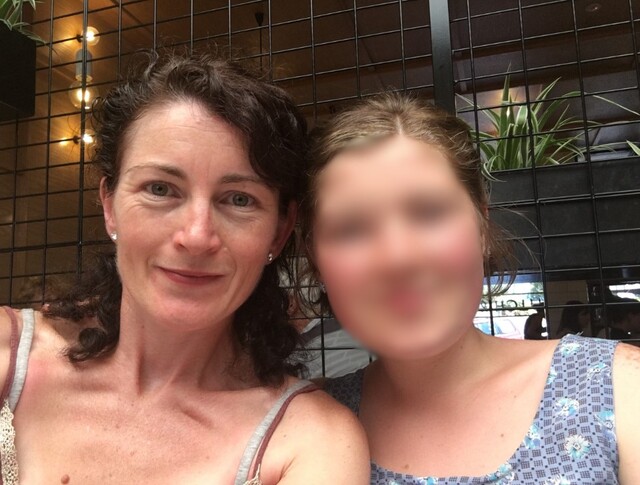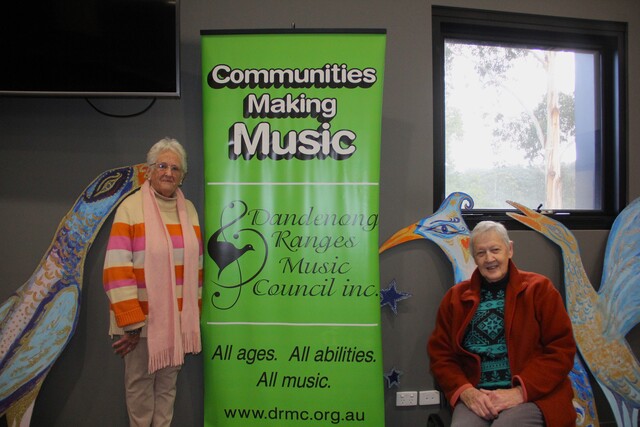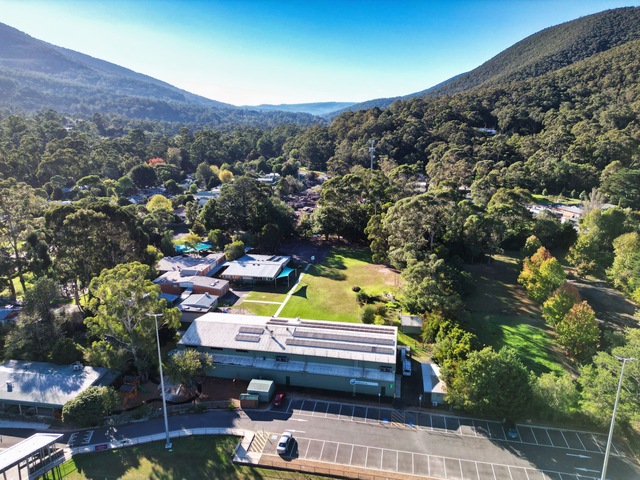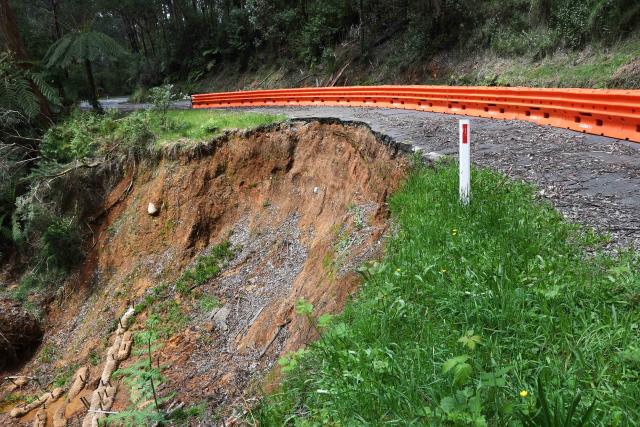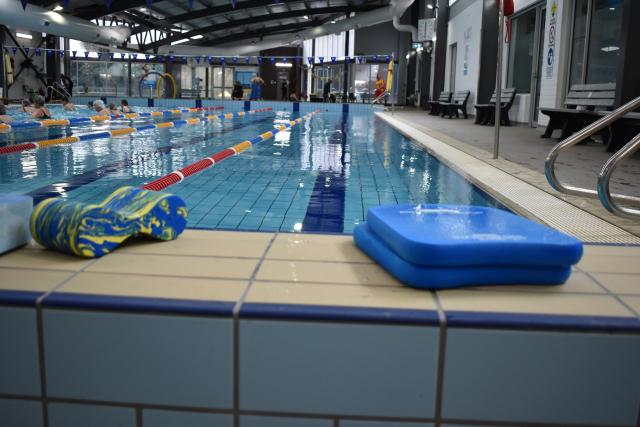Hearings for an Australia-first parliamentary inquiry into cults wrapped up on 31 July after submissions from Victorians all over the state, including one influential case from the Yarra Ranges.
The inquiry will investigate the recruitment methods and impacts of cults and organised fringe groups in Victoria review if current laws are equipped to appropriately deal with groups which use coercive control in ways that can seriously hurt people.
Renee Spencer told the story of how her 22-year-old daughter was indoctrinated by an infamous cult called The Jesus Christians, also known as the “Kidney Cult” for encouraging its members to donate their kidneys to strangers.
While Ms Spencer was in Brisbane, her daughter Ellicia was living in Lilydale, attending TAFE and working a part-time job when a YouTube video changed the course of her life.
“That’s where she found the Kidney Cult’s videos, and she reached out to them through an email that they advertised and then they came to see her, presenting themselves as Christians, hiding their past as the Kidney Cult,” Ms Spencer said.
Within an instant, Ellicia was whipped away: she quit her job, moved out of home, gave away all her possessions. The matter was complicated further by the fact she had fallen in love with (and then married) one of the members.
Since then, Ms Spencer became a cult awareness advocate and was a prominent author of a submission that will be reviewed by the State Government.
The inquiry outlined specifically that cults weren’t defined by their beliefs, but rather the ways in which they operated – pernicious practices which led to long-lasting psychological, financial and sexual abuse.
“This inquiry is not about judging or questioning anyone’s beliefs, whether religious or otherwise,” the inquiry’s page stated.
A long list of recruitment methods commonly employed by cults was included in the inquiry, which included love bombing, controlling time and information, manipulating emotions and targeting the vulnerable, and many more coercive tactics.
Cults then isolate members from family, friends and alternative sources of information to control them, and use fear and guilt to limit their ability to make informed decisions.
Ms Spencer said the Jesus Christians would relocate new members to foreign countries as a way of making them dependent on the cult, which happened to Ellicia.
“My daughter’s not allowed to talk to me basically, she’s been sent overseas. Since she joined the group, she’s not allowed to talk to me without another member present. All my emails go through the leadership, it’s all censored,” Ms Spencer said.
Within the context of domestic violence, coercive control is a criminal offence in Australia. Ms Spencer said this inquiry could finally address the gaps in the law that has allowed cults to employ these tactics under the guise of religious freedom.
“The way things are at the moment… a pastor of a group isn’t allowed to abuse their family or their wife, but they can go and abuse the rest of their whole congregation.
“It’s all surveillance, which in domestic violence, we go, ‘Hey, this is coercive control.’ But these religious groups are getting away with all of these behaviours.”
Another important aspect of the inquiry was that the term cult wasn’t limited to religious groups, but would also include “organised fringe groups” which employed cult-like tactics, but wasn’t religious in nature.
Warburton resident Julie Bell grew up within an evangelical Christian church and said the common thread between cults and organised fringe groups was their employment of coercive tactics to dominate members and the “othering” of alternative viewpoints.
“Whether it’s your gym down the road that’s actually a hotbed of grooming young men to be neo-Nazis or a group styling itself as a Bible study, there’s an overlap of ideology there.
“The assumption is we are special, we are better than those others over there. It’s a domination game, and to me, domination is to do with bullying,” she said.
Ms Bell follows Christianity, but said cults had damaged the reputation of the religion and many others they claim to preach.
“They weaponised Christianity to establish supremacy and power, the religion itself is utterly corrupted when we make that mistake,” Ms Bell said.
“We want freedom of religion. We want freedom of spirituality and faith expression. All of that is normal. What the inquiry is trying to get a framework for, is behaviours that don’t promote freedom, but behaviours that restrict freedom.”
The inquiry stated the loaded connotations associated with the word cult was wrongly applied to faiths which may seem strange to outsiders even if they were practising their beliefs in good faith.
“Some small or lesser-known religious groups, including minor yet mainstream faiths that may seem unfamiliar or strange to outsiders, have at times been inaccurately labelled as cults— despite lacking the harmful behaviours typically associated with that term,” the inquiry stated.
Ultimately, Ms Spencer and others involved in raising awareness around cults are glad the Government has finally recognised this issue.
“You can’t have a group claiming religious freedom if it’s infringing upon an individual’s personal freedom and autonomy,” she said.
“We’re just so happy that Victoria is actually looking at this.”

